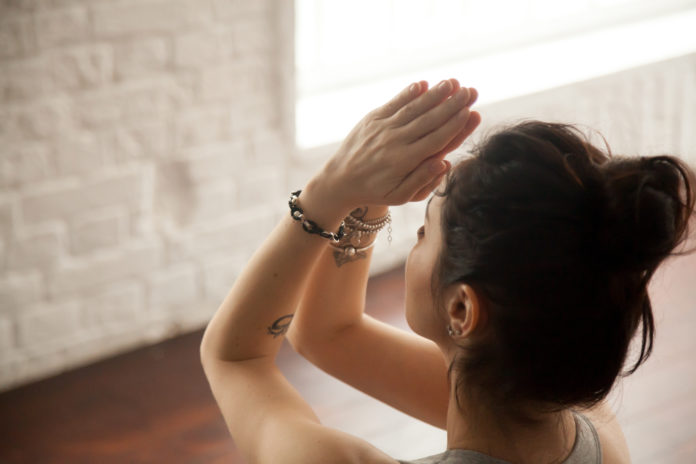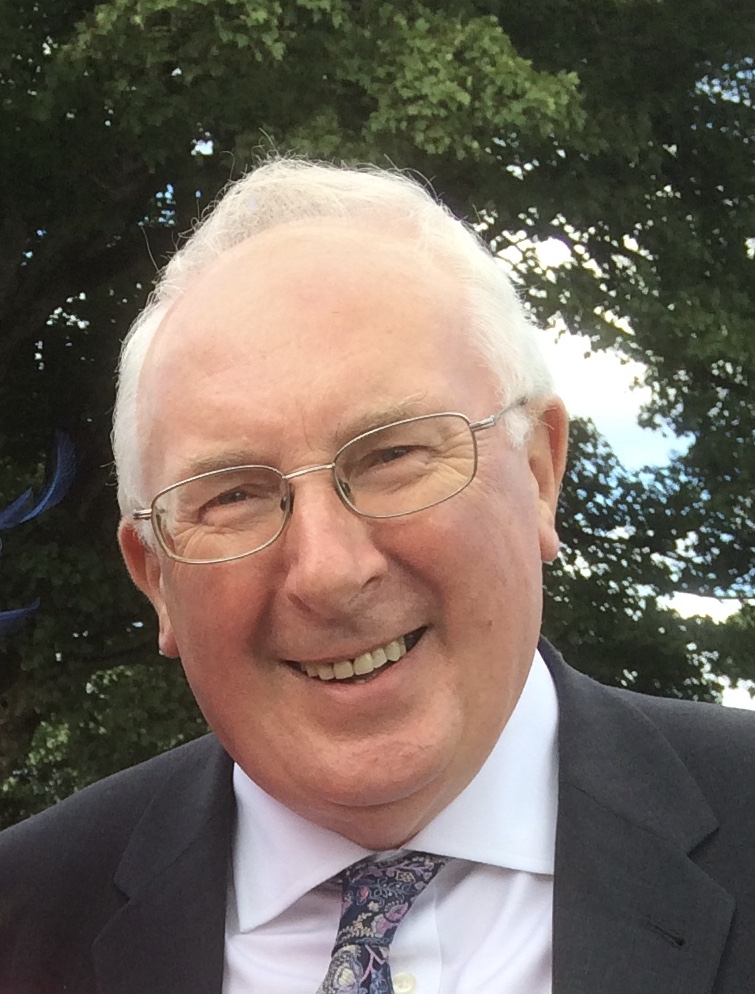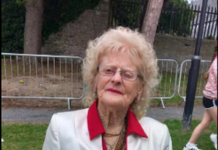
MINDFULNESS is a practice that helps reduce stress and anxiety especially as we are living through a global pandemic, self isolating and practising social distancing.
Gerry Raftery is the Co-Ordinator of Mindfulness Programmes at Personal Milestones and has some tips in managing mindfulness.
“We must take practical steps to isolate ourselves through social distancing, wash our hands regularly, not touch our faces, use sanitizers and curtail our travel.

“It is very important for us to manage our minds during this crisis. I believe that the practice of Mindfulness can help us to cope more effectively mentally and emotionally.
“When I look at the key elements of Mindfulness, I see how useful they can be in helping us to face and handle the challenges posed by Covid-19,” he explained.
Awareness
A key teaching of Mindfulness is Awareness. We need to be aware of what is happening in our bodies, our minds and our emotions. We can learn to tune into ourselves through some simple easy to do meditations. Or we just stop for a few minutes and ask ourselves how are we physically, mentally and emotionally.
In learning to manage our minds we separate what is real from what is imaginary. At a time like this our imaginations can run wild down the road of disaster and catastrophe. Strong emotions such as fear, anxiety, panic, anger, loneliness and loss have to be managed. Mindfulness can teach us how to do this.
Live in the Now
We are used to making plans and living with certainty. Now we are completely thrown by the current reality of not knowing what is going to happen from day to day.
This brings us to another key aspect of Mindfulness, learning to live fully in the present moment. Learning to live more fully in the Now will really stand to us as we try to cope day by day.
Compassion
We have to take care of ourselves and look after one another, so compassion and kindness will be at a premium. We can make each day better and more pleasant if we do little acts of kindness for ourselves and for one another.
Solidarity and community will act as a great antidote to selfishness and competition as we nurture our compassionate side. We can look to new ways to be kind and compassionate.
Meditation
It is amazing already how because of social distancing many people are noticing the beauty of nature as they go for walks or start to do a little bit of gardening.
Without realising it many are mindfully walking and even meditating as they have time to stop and notice and just be. It can be of great benefit if we spend a few minutes each day in a simple meditation which suits us. Meditation brings peace to mind and body.
Gratitude
The current situation means spending more time in our homes, with our immediate families, and for some of us, with ourselves. We find new opportunities to do things we haven’t done for years or do some things for the first time.
For this we can begin to feel a sense of gratitude. Gratitude can bring us into a positive space as we notice what is good and beautiful in our lives. Hopefully we will find much to be grateful for as we come to end of each day.
A Simple Practice
Remember the idea “Between the Stimulus and the Response there is a Space”. Apply that to what we need to do now Between the itch on my face and the scratch there is a Space – take that space to remind yourself not to touch your face with your hand. If you have to, touch it with a tissue instead.










